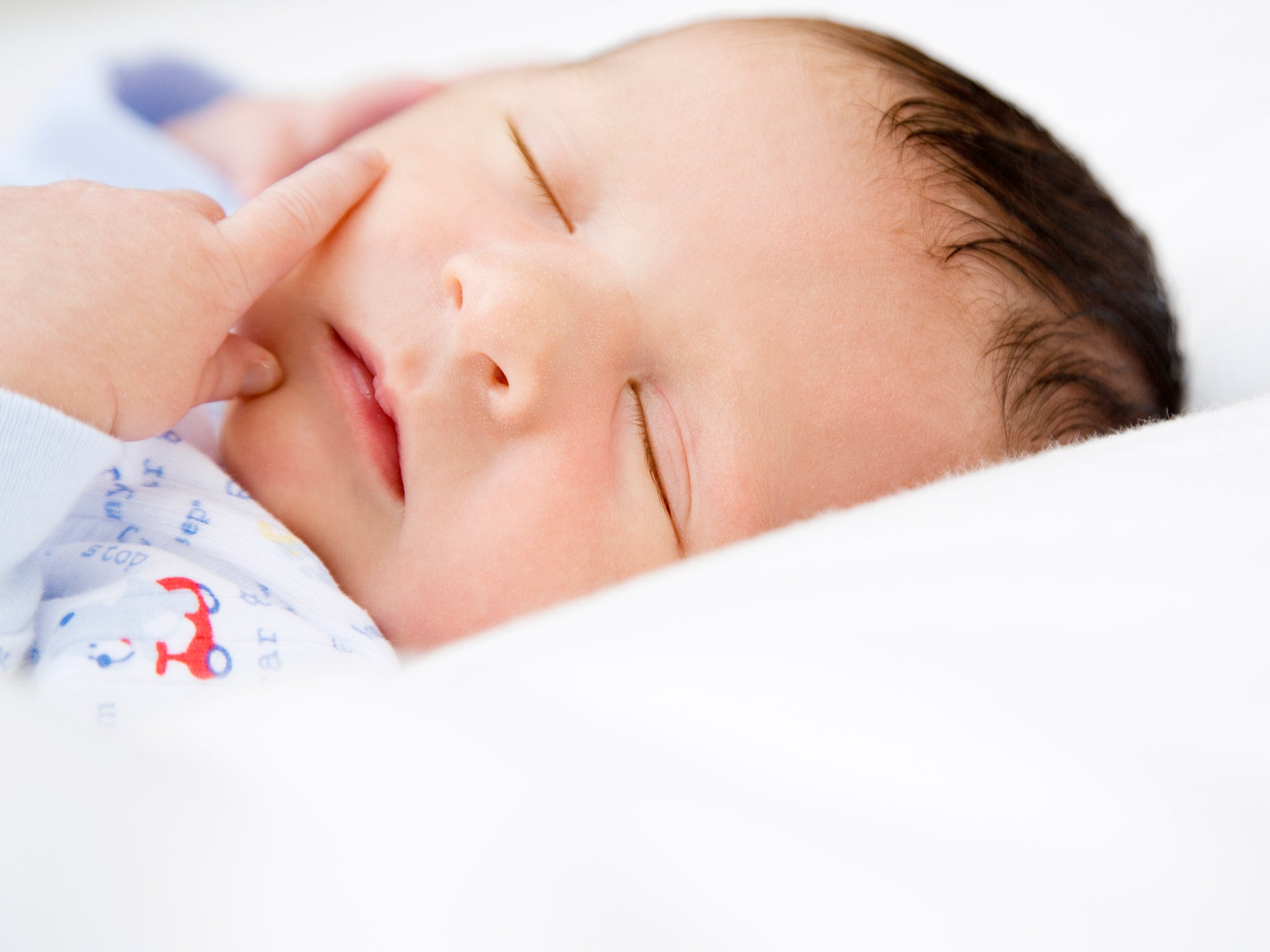NHS must end IVF 'postcode lottery' – watchdog says
“It is unacceptable that parts of England are choosing to ignore Nice recommendations for treating infertility,” claims Nice

Your support helps us to tell the story
From reproductive rights to climate change to Big Tech, The Independent is on the ground when the story is developing. Whether it's investigating the financials of Elon Musk's pro-Trump PAC or producing our latest documentary, 'The A Word', which shines a light on the American women fighting for reproductive rights, we know how important it is to parse out the facts from the messaging.
At such a critical moment in US history, we need reporters on the ground. Your donation allows us to keep sending journalists to speak to both sides of the story.
The Independent is trusted by Americans across the entire political spectrum. And unlike many other quality news outlets, we choose not to lock Americans out of our reporting and analysis with paywalls. We believe quality journalism should be available to everyone, paid for by those who can afford it.
Your support makes all the difference.The NHS must end “unacceptable” restrictions on fertility treatment for thousands of women in England, the national health watchdog has said.
Official guidance from the National Institute for Health and Social Care (Nice) says that all women under 40 who have failed to get pregnant after two years of trying should get three cycles of in-vitro fertilisation (IVF).
However, fewer than one in five local NHS funding bodies offer couples in their area the full number of cycles, perpetuating what Nice called “a postcode lottery” for couples.
Professor Gillian Leng, deputy chief executive and director of health and social care at Nice, said infertility could have “potentially devastating” effects on couples and that IVF should be considered a core NHS service, despite funding pressures.
“It is unacceptable that parts of England are choosing to ignore Nice recommendations for treating infertility,” she said. “This perpetuates a postcode lottery and creates inequalities in healthcare across the country.”
Fertility experts said that the NHS’ funding decisions were having a serious impact on couples who could not afford to seek IVF treatment privately.
Allan Pacey, chairman of the British Fertility Society, said that some areas were worse off now than a few years ago, and had suffered from reduced or in some cases complete withdrawal of funding for IVF.
“By cherrypicking aspects of guidelines to fund services of their choice, local commissioners fly in the face of what Nice is all about,” he said. “Their guidelines must be taken as a whole if we are to deliver the best and most cost-effective use of NHS resources.”
Infertility affects about one in seven heterosexual couples in the UK. Nice guidelines also recommend that women aged between 40 and 42 should receive one cycle of IVF if certain criteria are met. However, research by the organisation Fertility Fairness shows that fewer than one in five Clinical Commissioning Groups (CCGs) offer the full number of Nice recommended cycles. More than half offer only one cycle to eligible couples while in some areas people with fertility problems are refused IVF treatment altogether.
Join our commenting forum
Join thought-provoking conversations, follow other Independent readers and see their replies
Comments